Prepare to embark on an exhilarating intellectual odyssey through the fascinating realms of science with these eight mind-bending books. From the mysteries of the cosmos to the intricacies of the human genome, each of these titles promises to ignite your curiosity, challenge your perceptions, and expand your understanding of the universe.
“Astrophysics for People in a Hurry” by Neil deGrasse Tyson

In “Astrophysics for People in a Hurry,” renowned astrophysicist Neil deGrasse Tyson distills the awe-inspiring complexities of the cosmos into a compact and accessible volume. From the birth of stars to the enigmatic nature of dark matter, Tyson takes readers on a journey through the wonders of the universe, offering captivating insights and thought-provoking revelations along the way.
“Sapiens: A Brief History of Humankind” by Yuval Noah Harari
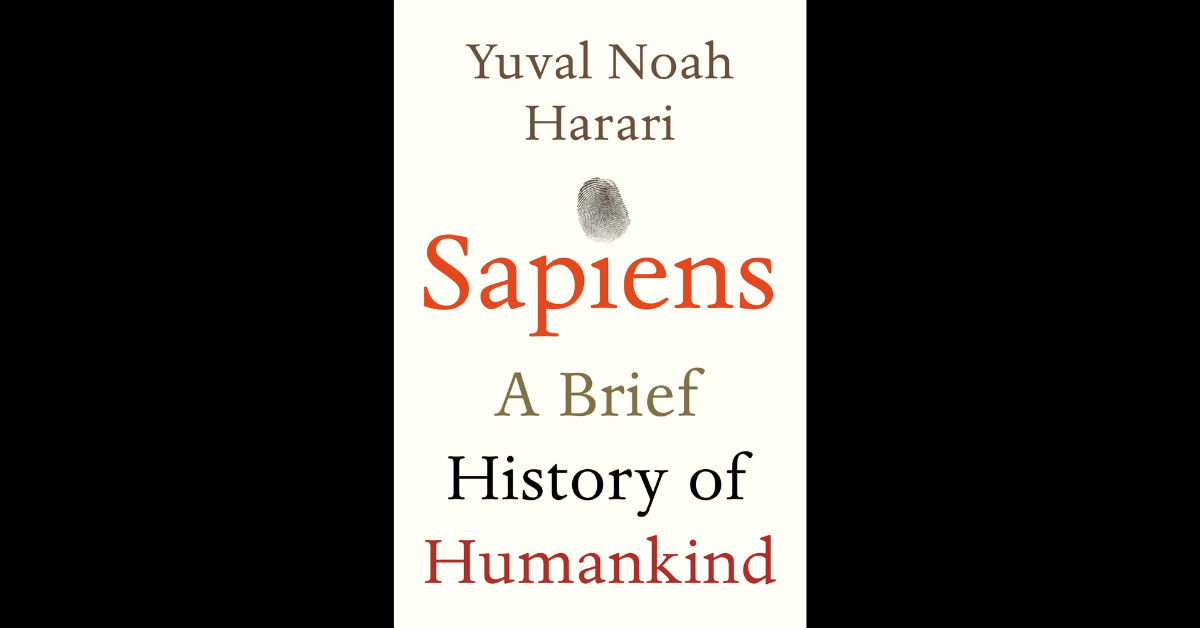
Yuval Noah Harari’s “Sapiens: A Brief History of Humankind” offers a sweeping and thought-provoking exploration of the history of our species. From the emergence of Homo sapiens in Africa to the rise of modern civilization, Harari examines the key events and developments that have shaped the course of human history, challenging readers to reconsider their understanding of humanity’s place in the world.
“The Elegant Universe: Superstrings, Hidden Dimensions, and the Quest for the Ultimate Theory” by Brian Greene

In “The Elegant Universe,” physicist Brian Greene takes readers on a mind-bending journey into the cutting-edge theories of modern physics. From string theory to the concept of multiple dimensions, Greene explores the mind-boggling possibilities of the universe, offering insights into the nature of reality and the fundamental forces that govern the cosmos.
“The Hidden Life of Trees: What They Feel, How They Communicate – Discoveries from a Secret World” by Peter Wohlleben
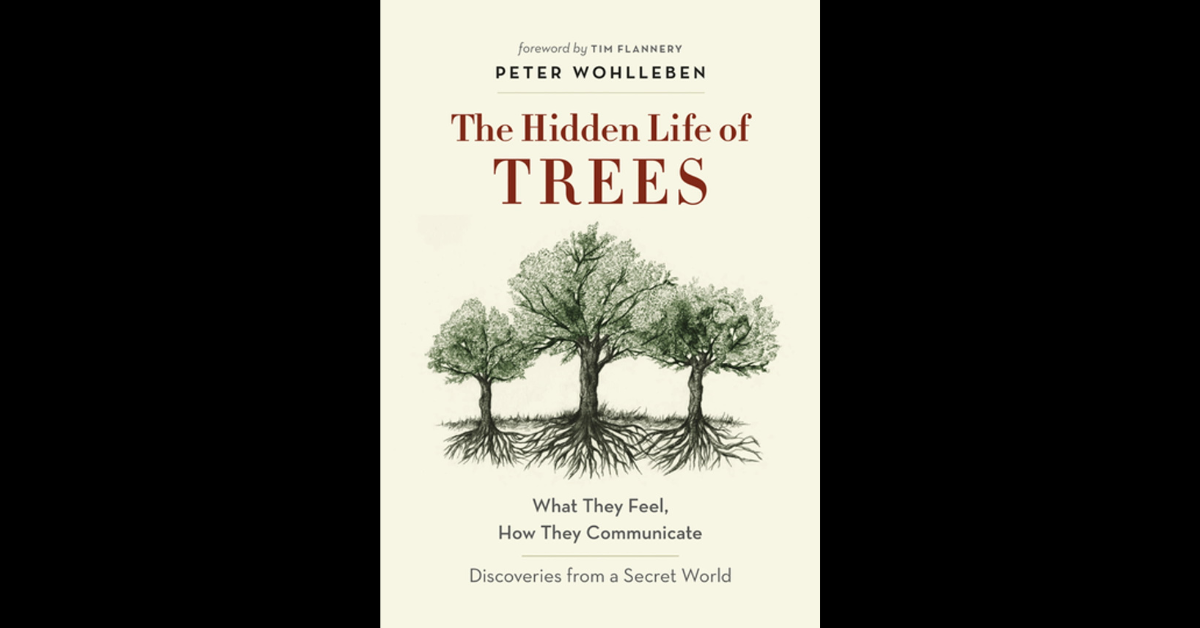
In “The Hidden Life of Trees,” forester Peter Wohlleben reveals the remarkable world of trees, exploring their complex social networks, communication systems, and survival strategies. Drawing on decades of experience in the forest, Wohlleben offers a fascinating glimpse into the inner lives of these ancient organisms and challenges readers to rethink their relationship with the natural world.
“The Immortal Life of Henrietta Lacks” by Rebecca Skloot
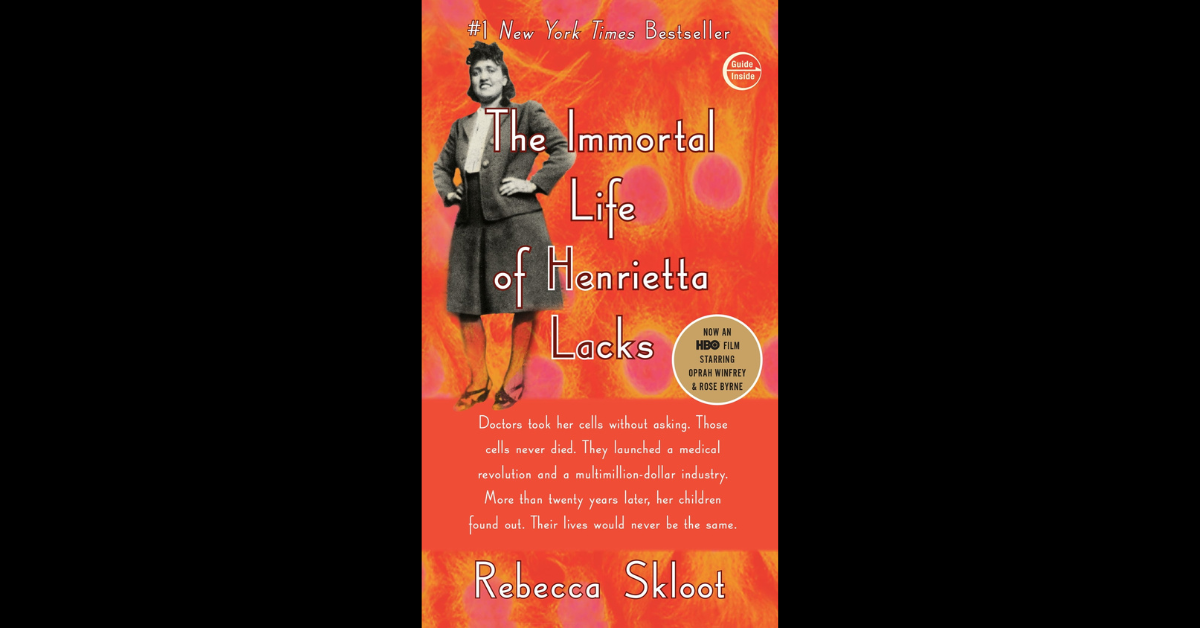
Rebecca Skloot’s “The Immortal Life of Henrietta Lacks” tells the extraordinary true story of Henrietta Lacks, whose cells were taken without her consent in the 1950s and became the foundation for countless medical breakthroughs. Through Lacks’ story, Skloot raises profound ethical questions about medical research and the exploitation of marginalized communities.
“A Brief History of Time” by Stephen Hawking
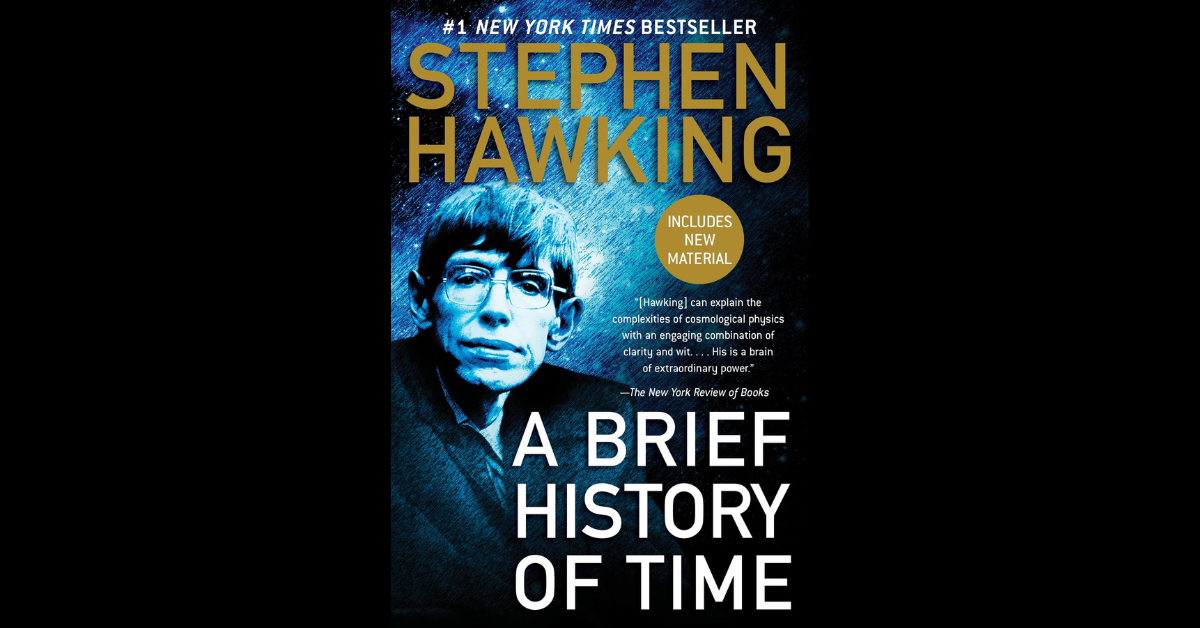
In “A Brief History of Time,” legendary physicist Stephen Hawking provides a concise and accessible overview of the universe, from the Big Bang to black holes. Hawking explores the fundamental laws of physics and the nature of space and time, offering readers a captivating journey through the wonders of the cosmos.
“The Gene: An Intimate History” by Siddhartha Mukherjee
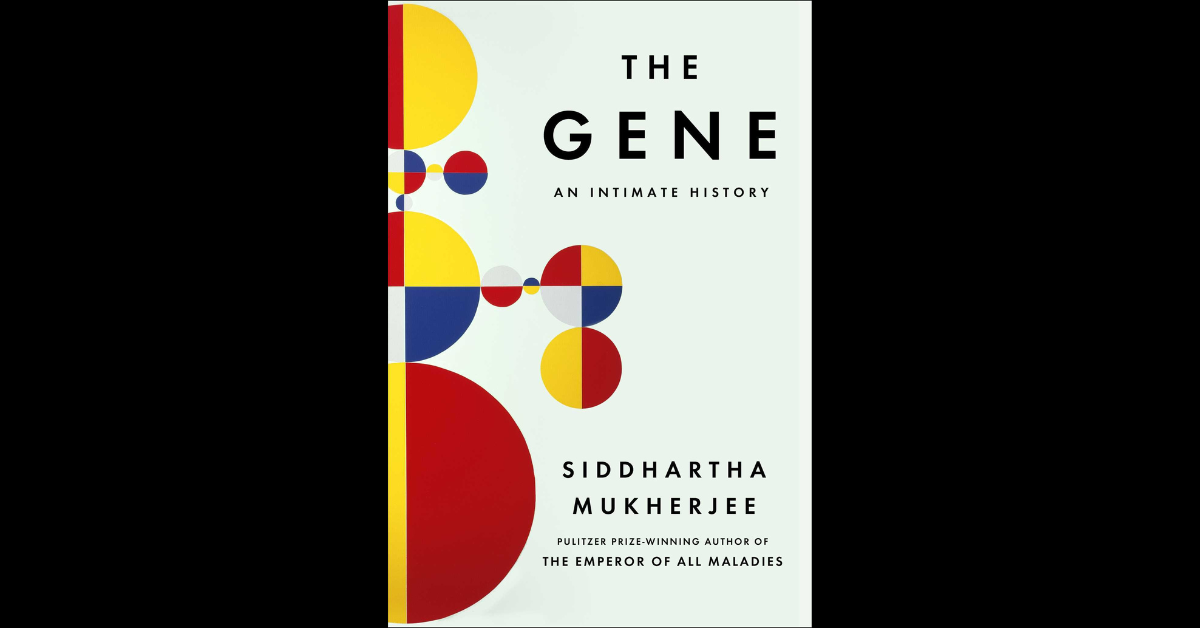
Siddhartha Mukherjee’s “The Gene” delves into the history and science of genetics, tracing the discoveries and controversies that have shaped our understanding of heredity and DNA. From Mendel’s pea plants to CRISPR gene editing technology, Mukherjee explores the ethical, social, and scientific implications of genetic research, offering a compelling and comprehensive account of one of the most profound discoveries in modern science.
“Cosmos” by Carl Sagan
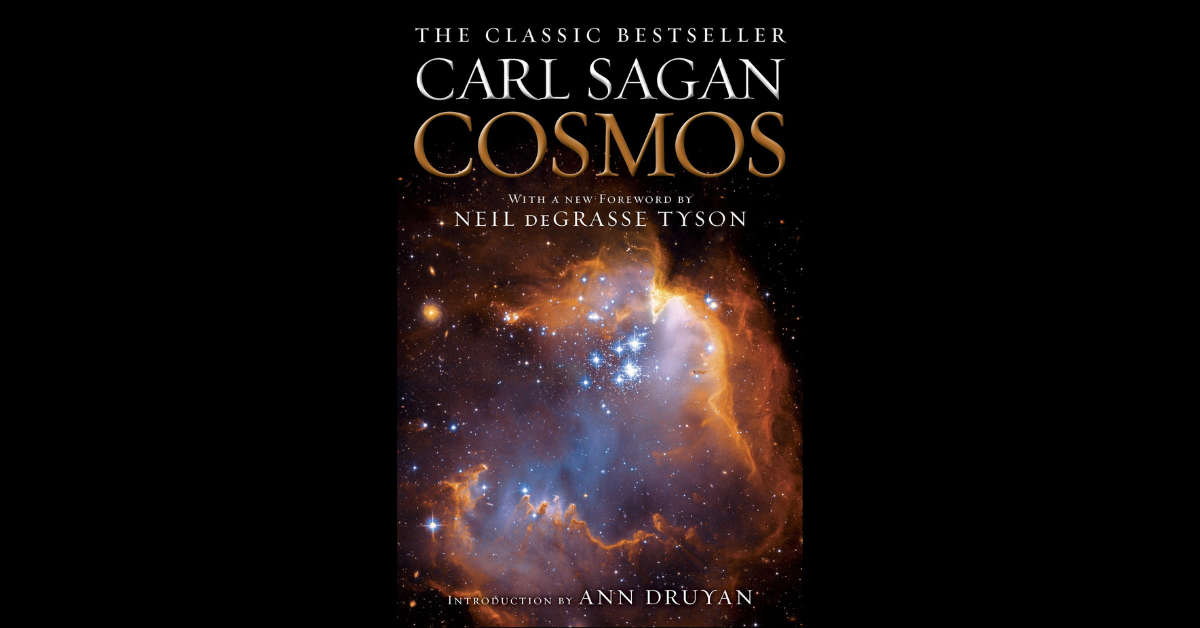
Carl Sagan’s “Cosmos” takes readers on a grand tour of the cosmos, exploring the wonders of the universe from the origins of life on Earth to the distant reaches of space. With lyrical prose and stunning illustrations, Sagan inspires awe and wonder as he delves into the mysteries of the cosmos, inviting readers to contemplate humanity’s place in the vast expanse of the universe.




















